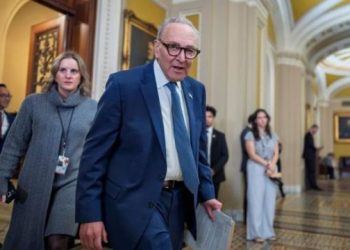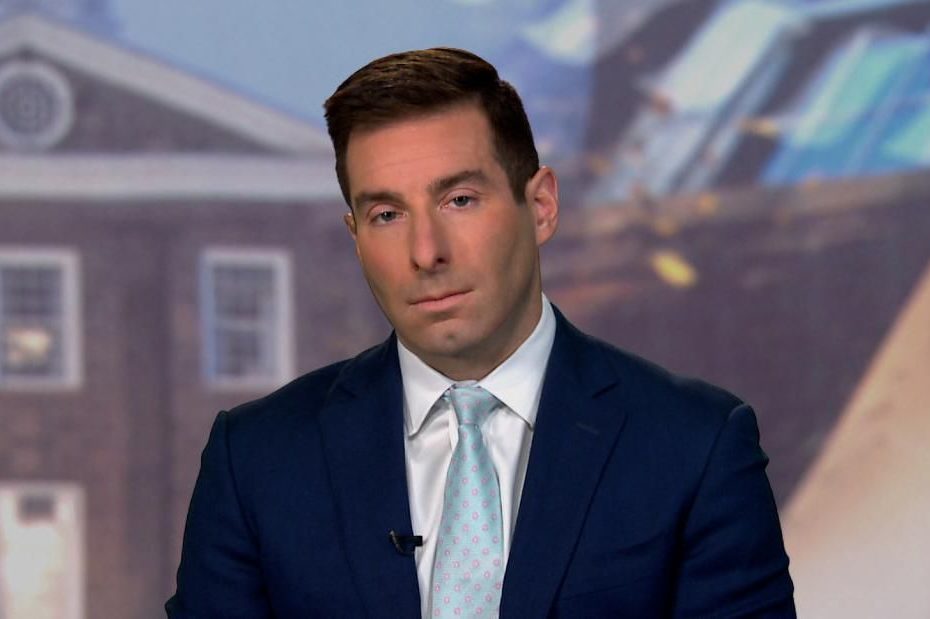OpenAI, the developer behind ChatGPT, has strongly responded to Elon Musk’s recent lawsuit, dismissing it as “frivolous” and “incoherent” in an attempt to access the company’s proprietary technology.
According to Fortune, OpenAI has launched a fierce legal counterattack against Elon Musk’s lawsuit, accusing him of creating a fictitious narrative to claim ownership of the company’s accomplishments. The legal filing in California’s Superior Court portrays Musk as a “disenchanted supporter turned rival,” aiming to exploit OpenAI’s success for personal gain.
At the heart of the conflict is Musk’s assertion that OpenAI breached a “Founding Agreement” by commercializing the development of GPT-4, which he presents as the world’s first artificial general intelligence. Musk argues that the company should have continued its research for the benefit of humanity, as originally intended when it operated as a nonprofit. However, OpenAI vehemently denies these claims, describing the “Founding Agreement” as a fabrication by Musk to assert an unwarranted claim over the company’s achievements.
OpenAI’s legal team paints a critical portrait of Musk’s intentions, suggesting that the lawsuit is a thinly veiled attempt to gain access to the company’s technology through the legal process. The filing alleges that Musk initially supported a for-profit structure for OpenAI under his control but abandoned the project when his demands were not met. Now, witnessing OpenAI’s technological advancements, Musk seeks to claim credit for himself.
Furthermore, OpenAI warns that if Musk persists with the lawsuit, potentially damaging documents could surface during the discovery phase, hinting at the release of incriminating emails contradicting Musk’s stance on OpenAI’s transition to a for-profit model.
Vinod Khosla, an early investor in OpenAI and a prominent venture capitalist, shares similar views, characterizing Musk’s lawsuit as a manifestation of “sour grapes” and implying that Musk is turning to litigation due to a lack of innovation.
 Telegram is where we really talk. Don't miss out!
Telegram is where we really talk. Don't miss out!









